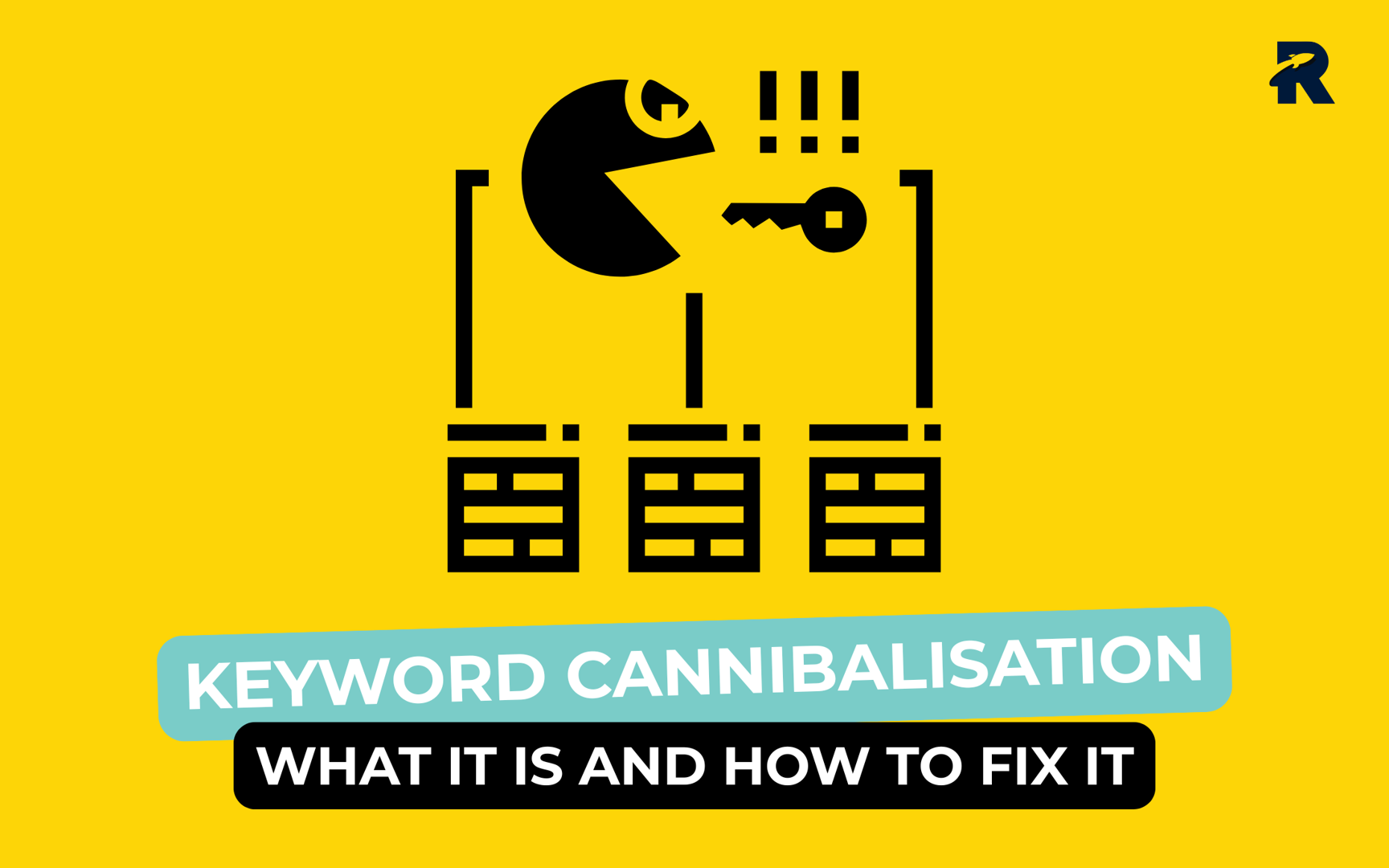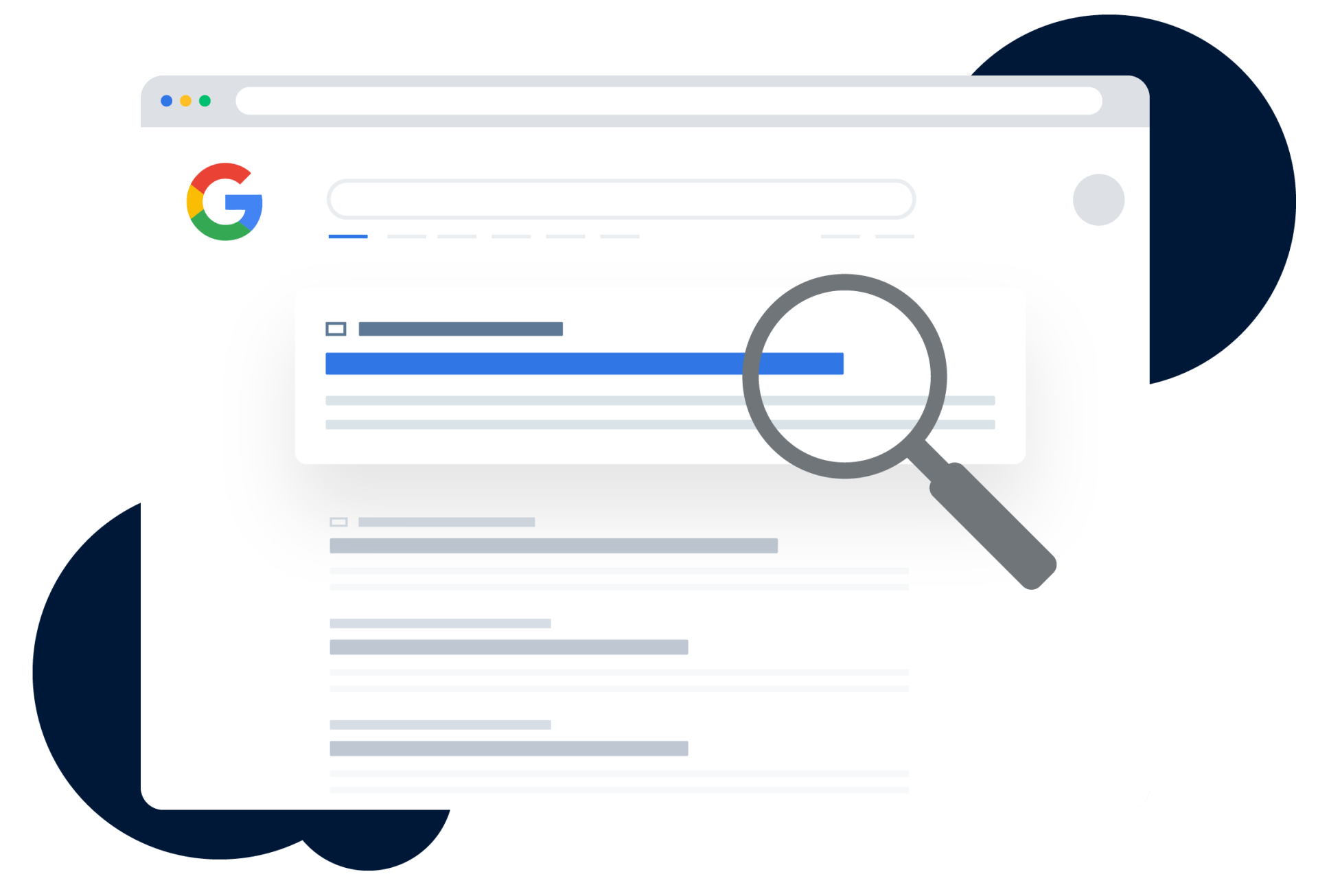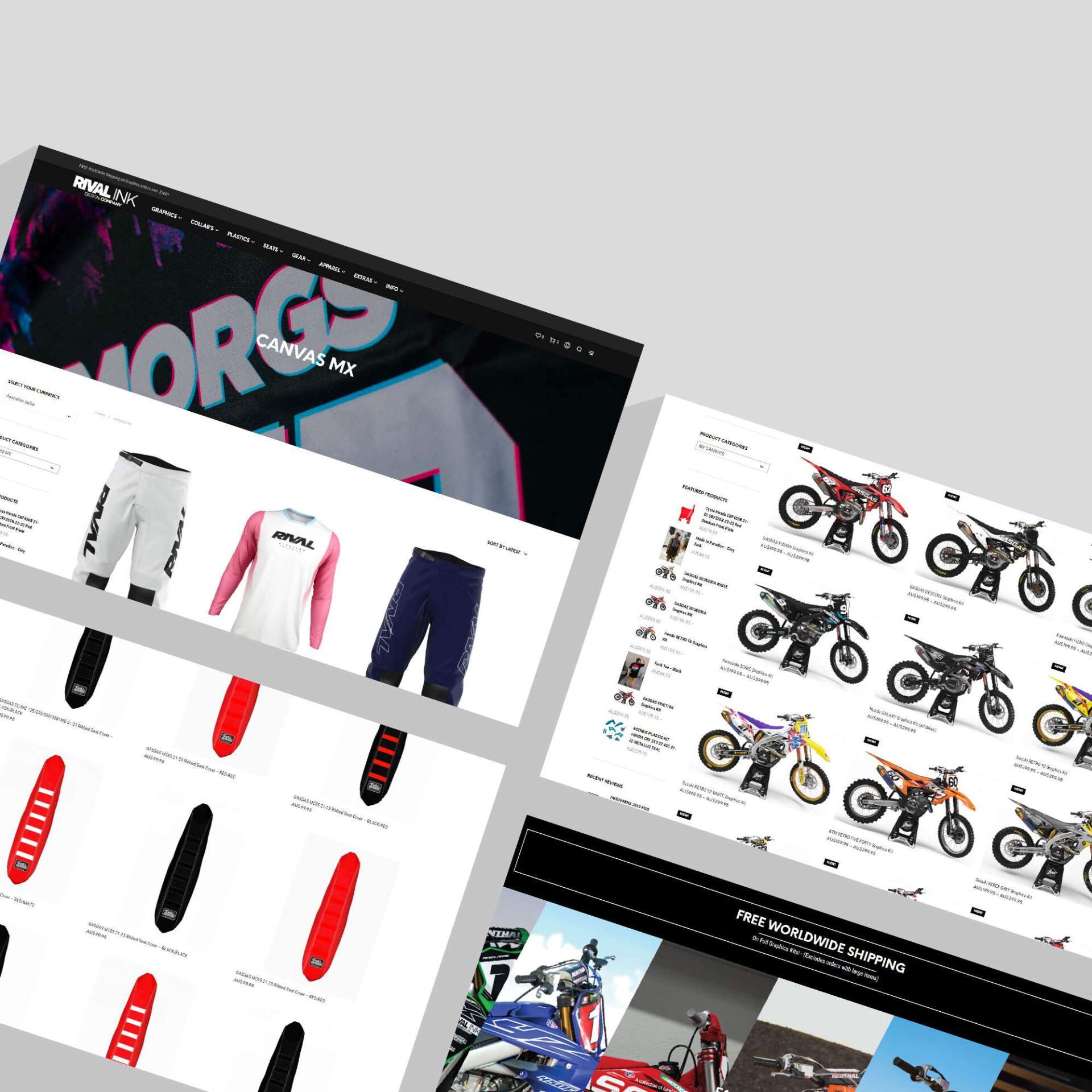Keyword Cannibalisation: What It Is and How to Fix It

What is Keyword Cannibalisation and Why Does It Matter?

Ever feel like you're competing with yourself for Google's attention? That's keyword cannibalisation in a nutshell. It happens when multiple pages on your website target the same or very similar keywords, confusing search engines and splitting your SEO power.
Instead of one strong page ranking at the top, you end up with several weaker pages fighting for the same spot. This hurts your visibility and traffic.
Quick Answer: What is Keyword Cannibalisation?
- The Problem: Two or more of your pages are optimised for the same search query.
- The Impact: Search engines get confused about which page is the most relevant.
- The Result: Your rankings drop, traffic falls, and conversions suffer.
- The Fix: Consolidate content, use redirects, or re-optimise your pages.
- Prevention: Plan your content strategy with unique keywords for each page.
Defining Keyword Cannibalisation vs. Content Cannibalisation
- Keyword cannibalisation: Multiple pages on your site target the same keyword and compete in search results.
- Content cannibalisation: Broader topical overlap where several pages cover the same subject and dilute authority.
- What to check: Search intent, topical overlap, and duplicate or near-duplicate keyword targeting.
The Negative SEO Impacts of Cannibalisation
So, why is this a big deal for your SEO? It is like trying to fill a bucket with a leaky hose. You lose valuable authority and traffic.
- Diluted rankings: Multiple pages compete, so none of them rank as strongly as they could.
- Lower click-through rate (CTR): Similar results from your site can confuse users and lead them to click elsewhere.
- Wasted crawl budget: Googlebot has limited time on your site. Duplicate pages can waste resources and delay finding of your best content. See Google on crawl budget.
- Split backlinks: Valuable links and authority get spread across competing URLs instead of one powerhouse page.
- Lower conversions: Users may land on a less relevant page and bounce.
Fixing these issues can lead to dramatic gains. Many sites see significant traffic lifts after merging overlapping articles into one stronger page.
Key Signs Your Website is Suffering
How do you know if your website is a victim of keyword cannibalisation? Look for these signs:
- Fluctuating rankings: Positions for a target keyword bounce up and down.
- Wrong URL ranking: A blog post outranks a more important service or product page.
- Low traffic to key pages: Your most important pages are underperforming.
- High bounce rates: Visitors leave quickly because the page is not the best match for intent.
- Multiple URLs in SERPs: More than one of your pages appears for the same query.
Your Step-by-Step Guide to Identifying and Fixing Keyword Cannibalisation
Now that you know what keyword cannibalisation is, it is time to fix it. Find the problem pages, choose the right solution, and put a plan in place to stop it from coming back.

How to Find Keyword Cannibalisation Issues
Start by locating the pages that compete with each other. Use these simple checks:
- Google Search Console: Open the Performance report , click on Queries, and find keywords that return multiple URLs from your site.
- Site search operator:
Run
site:yourdomain.com "your target keyword". Learn more about operators in Google's guide. - SEO tools: Tools can map which URLs rank for which keywords. Cross-check these with your priorities.
- Content audit: Build a spreadsheet of key URLs and their primary keyword. This keyword map reveals overlaps fast.
Tip: For deeper diagnostics, pair your audit with our Technical SEO services.
The Best Methods for Fixing Keyword Cannibalisation
Once you identify conflicts, pick the best fix based on each page's value and intent.
| Fix Method | When to Use It | What It Does |
|---|---|---|
| Merge & 301 Redirect | You have multiple, similar pages that could be combined into one stronger piece of content. | Consolidates all the SEO value (like backlinks) from the old pages into a single, more authoritative new page. |
| Canonical Tag | You have pages with very similar content that need to exist separately (e.g., product variations). | Tells search engines which page is the 'master' version that should be indexed and ranked. |
| Noindex Tag | You have pages that are useful for users but have little to no SEO value (e.g., old blog posts, internal archives). | Instructs search engines not to include the page in their index, preventing it from competing in search results. |
| De-optimise | The pages serve slightly different purposes but are accidentally targeting the same keywords. | Re-focus the content and on-page SEO of the less important page to target a different, more specific keyword. |
| Internal Linking | You have a clear 'pillar' page that you want to rank above other related content. | Use anchor text to link from your supporting pages to your main 'money' page, signalling its importance to Google. |
Helpful references:
- Google on site moves and redirects
- Google on canonical tags
- Google on robots noindex
Proactive Strategies to Prevent Future Issues
Prevention keeps your site clean and scalable. Use these tactics:
- Create a content plan: Assign a unique primary keyword to each page before writing.
- Build topic clusters: Use pillar pages with supporting articles that interlink.
- Conduct regular audits: Quarterly reviews catch new overlaps early.
By staying organised, you give every page a clear purpose and a fair shot to rank. If you need a hand, our Onsite SEO services include comprehensive audits and ongoing management.
Open up Your Potential - Get Ranking with RankingCo
Keyword cannibalisation can quietly drain your traffic, but it is fixable. Tidy up overlaps, strengthen your pillar pages, and your visibility lifts.
RankingCo is your friendly SEO expert Brisbane businesses trust, and we help brands across Australia, New Zealand, the US, and Canada.
We are the world’s best little digital agency, blending advanced AI with human strategy to build campaigns that work in the real world.
We focus on authority, structure, and conversion. That means clearly mapped topics, smart internal links, and content built to win both traditional results and AI-powered experiences.
Need paid support alongside SEO? Check out our Google Ads services for high-intent traffic, including Google Ads Brisbane strategies that pair perfectly with organic growth.
Ready to get organised and grow faster? Contact us and let’s turn keyword cannibalisation into a competitive edge.
Take Control of Your Digital Future - Get Found Now
Keyword cannibalisation is just one part of today’s search puzzle. AI-generated answers are changing how people find brands.
At RankingCo, we build integrated strategies that work across both organic and paid. We strengthen organic data signals like authorship, site authority, and structured content to influence AI-driven summaries.
We also plan for paid visibility in emerging formats like sponsored summaries and native placements in conversational AI.
This organic versus paid lens matters. Organic builds trust and staying power.
Paid ensures presence in new surfaces when the rules shift quickly. The smartest move is using both in tandem.
We are a Brisbane-based agency with a global footprint, supporting clients across Australia, New Zealand, the US, and Canada.
Whether you need Brisbane SEO services or a full-funnel strategy, we cover SEO, Google Ads, Meta, LinkedIn, websites, and CRO. If you want local help, start with our Digital Marketing Services in Brisbane.
Let’s make your site easy to find and a joy to use. Contact us today and we will get your growth plan moving.













